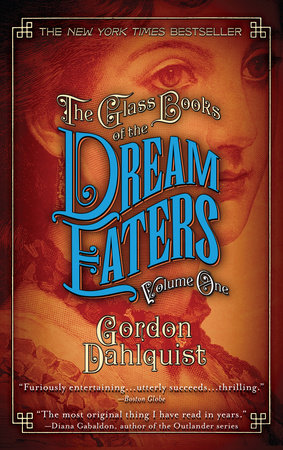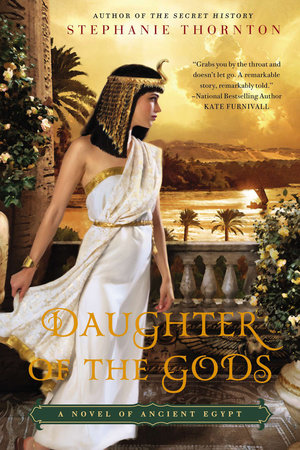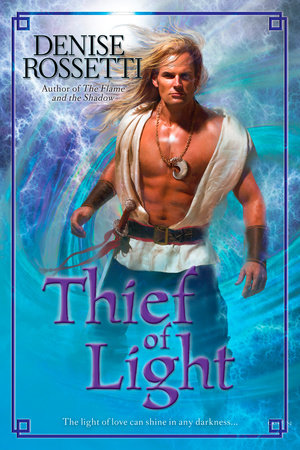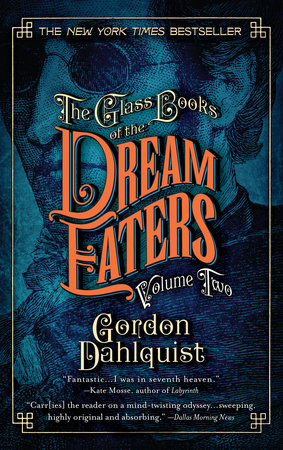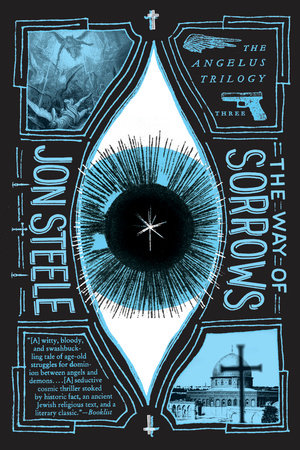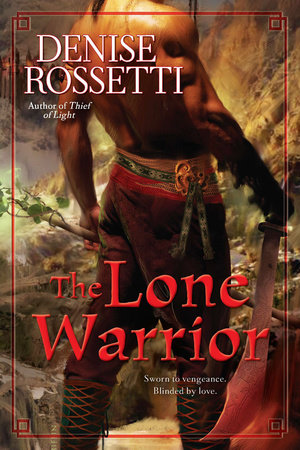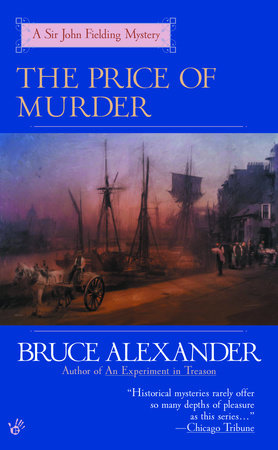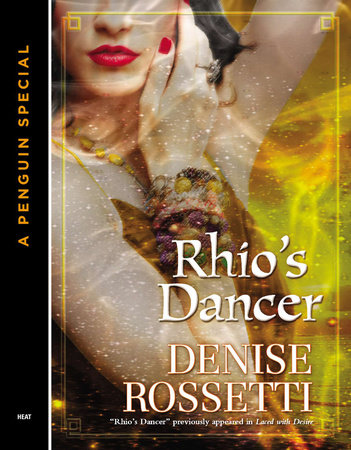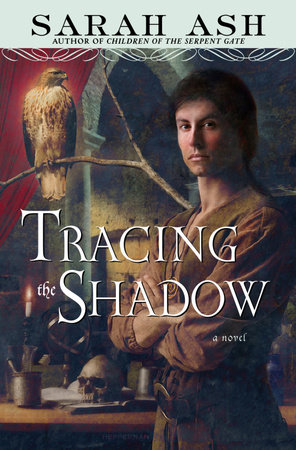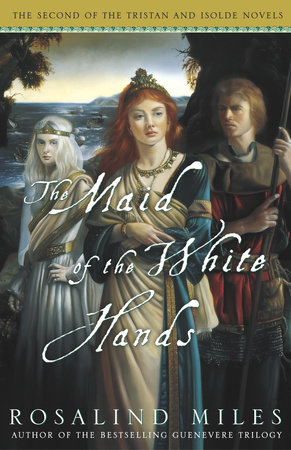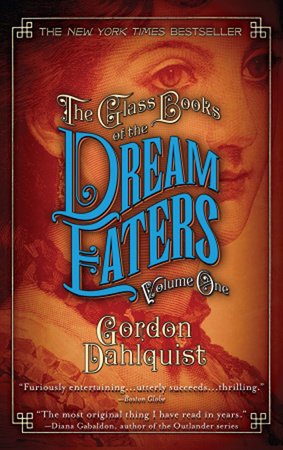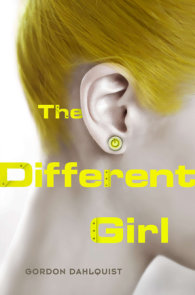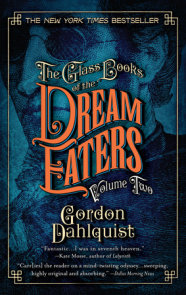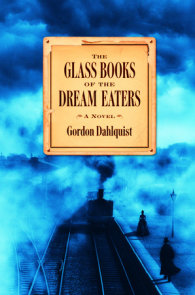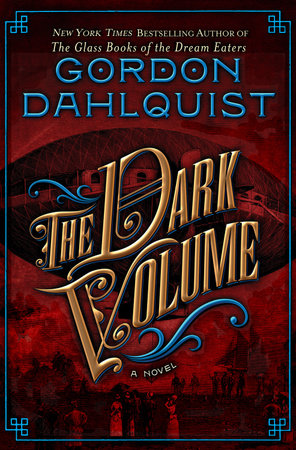Author Q&A
Your novel is fascinating in both its premise and scope. What was your intent in writing it?
My first intent with the book was to write something that I myself would consider a kick in the pants. When people ask me to describe The Glass Books of the Dream Eaters, it’s very easy to fall back on genre labels that clearly connote certain feelings—thriller, science fiction, romance, mystery, etc., and it’s true there are elements of all of them in the book. But I really don’t think it’s any of those things, or not any one apart from all of the others. We live in a world where science fiction and romance and mystery overlap in our newspapers and our lives on a daily basis, so I think people know what that experience feels like pretty intimately—which is again perhaps to describe the book as a kind of realism. I enjoy complicated and immersive stories, and if I don’t really know dirigibles and blue glass books and machines that suck up out your memories, I certainly do know computers and bullet trains and digital podcasts from Kyoto—and they strike me as every bit as fantastic and strange. And if it seems like a glass book is somehow a better way to talk about a something like a computer—or the space a computer takes up in our dreams and our fears—then that says something interesting to me about the impulse to make up and tell stories about something else as a way to understand our lives. It was certainly the impulse that drove me for a year on subways and in coffee shops.
On the day you finished this story, what went through your mind?
First, probably relief, both to finish such a complicated story in a way I was pleased with, but second a certain sort of wonder that I think most writers feel upon looking back over what they’ve come up with—because of course it’s full of all sorts of elements, big and small, that you never could have imagined beforehand, that have risen up out of the immediate circumstances of writing. Also, as a playwright—plays taking a good deal less time to write—I’d never spent so long in the company of my characters, and so I felt like I knew these that much better, and so I was also a bit sad to let them go.
Did one of your characters emerge as a favorite? Or did you find yourself surprised by how one or several of them developed?
My favorite of the three is probably Miss Temple, simply because, since she’s younger, there’s more of her character still up in the air. With all of them, though, I’m interested in how darker character elements (in her case, a fairly unexamined relationship to privilege and to slavery, with Chang a savage amorality, with the Doctor a crippling hesitancy), can co-exist within a character we nevertheless recognize as a heroine—and of course the more deeply we know such a person, the more dynamic those unresolved elements become, and the more poignant.
Your experience as a playwright must have influenced how you created the action of your novels. Can you give examples of how your stage experience complemented or challenged your novel’s creation?
Writing for the theatre is always about a specific room, or a specific sense of place (all the more when often the details of that space—what it means—is often defined by spoken dialogue alone). Since I made a point of not knowing too much about what was going to happen as I wrote The Glass Books of the Dream Eaters, the solutions the characters came up with to deal with their predicaments had to arise from the physical facts of where they found themselves: how big is the room, where are the doors, who’s standing where, how dark is it, etc. Because of this, I think the action scenes have a certain organic flow to them, and that however incredible the circumstances what happens remains credible in human terms because we have a sense of a person at the heart of it making decisions.
The other way of course is a habit of telling a story through dialogue, and so The Glass Books of the Dream Eaters contains a fair amount of talking …
How did you plot the locations for this novel? Did you map out the city? Draw diagrams of the Manor? Visit a dirigible?
All of these, especially the city itself, were made up entirely as I went along. As the novel itself was written without any free-standing outline, the locations evolved as the action required—neighborhoods in the city being fleshed-out as the characters needed to pass through, the various wings and floors in Harschmort House filled in as the action expanded through them. The dirigible is based on later airships, giving the cabal the benefit of the doubt in allowing them to be a bit ahead of their time. I knew I didn’t want the city to be any one place—explicitly London, or Paris, or Amsterdam—so I particularly enjoyed making up place-names. I think the only real bit of research I did for the book was to find out when the mango made it to the New World (16th century in Brazil, as it happens), to see whether Miss Temple might have eaten them as a child in the Caribbean.
The concept of Glass Books is a seductive one: a keepsake place for vivid memories that can be experienced again and again. What prompted this? At what point in your creative process did you determine that the Glass Books needed to be in your title?
A lot of the thinking behind the glass books themselves simply comes from thinking about computers, and specifically thinking about them as things that have profoundly changed how we see ourselves, how we communicate, our basic notions of society and social interaction, even how we think to begin with. This happens in various degrees throughout history with new technology, of course, but in our time many of the crucial questions revolve around more explicitly around how the intimate experience of others is that much more available to us—and so quickly!—as ours is served up to others. Not that this is news, but in the same way how we write was changed by the arrival of word processors (without people at that time being quite aware of what that meant), I think communication technology is changing so fast that our basic social assumptions are being constantly nudged without our realizing it.
I think The Glass Books of the Dream Eaters was in the title from the point in the second chapter where Chang stumbles onto a book’s construction. In fact, I might have had that part of the title before I even knew what he was going to find in the room—certainly I had the notion of a glass book before at all knowing how they functioned, or what they even were.
What specific books, or types of books, inspire you?
I am inspired pretty equally by "classic literature" and by genre fiction, and then a few things—William S. Burroughs, for instance—that fall somewhere in between. I am a great admirer of Joyce, Proust, Nabokov, Austen, and Sterne—writers who take a real pleasure in language—but also of William Gibson, Ross McDonald, George Macdonald Fraser, Neal Stephenson, Roger Zelazny, and Neil Gaiman (and reading Fraser constitutes a good portion of my "research" for The Glass Books of the Dream Eaters). But my biggest influences as a writer are probably playwrights—more than anyone Harold Pinter and Samuel Beckett, and actually Shakespeare, but also William Congreve and Euripides, which is to say, writers whose works are incredibly daunting when you’re trying to make work of your own.
Will there be a sequel to The Glass Books of the Dream Eaters?
It is being written at the moment, and presently lacks a title. The action picks up perhaps a week after The Glass Books of the Dream Eaters ends.
Can you envision this as a movie? If so, do you already have a dream cast or casts?
I can certainly imagine it as a movie, though too make a feature film one would probably have to cut two-thirds of the plot, which I—no doubt like scores of writers before me—find a little depressing. But the book is certainly full of visual set pieces crying out to be staged, and it would be a blast to see actors sink their teeth into such juicy roles. As for dream casts, it’s hard to say— the parts begin to change as you imagine different people in a role, which is part of the fun.
You are a writer: a playwright and an author. If you’d chosen another career path, what would it have been?
Painting fascinates me, and I have several friends who are visual artists. It’s an entirely different way of thinking and seeing, but if I was not a writer, that is very much what I’d want to do.
